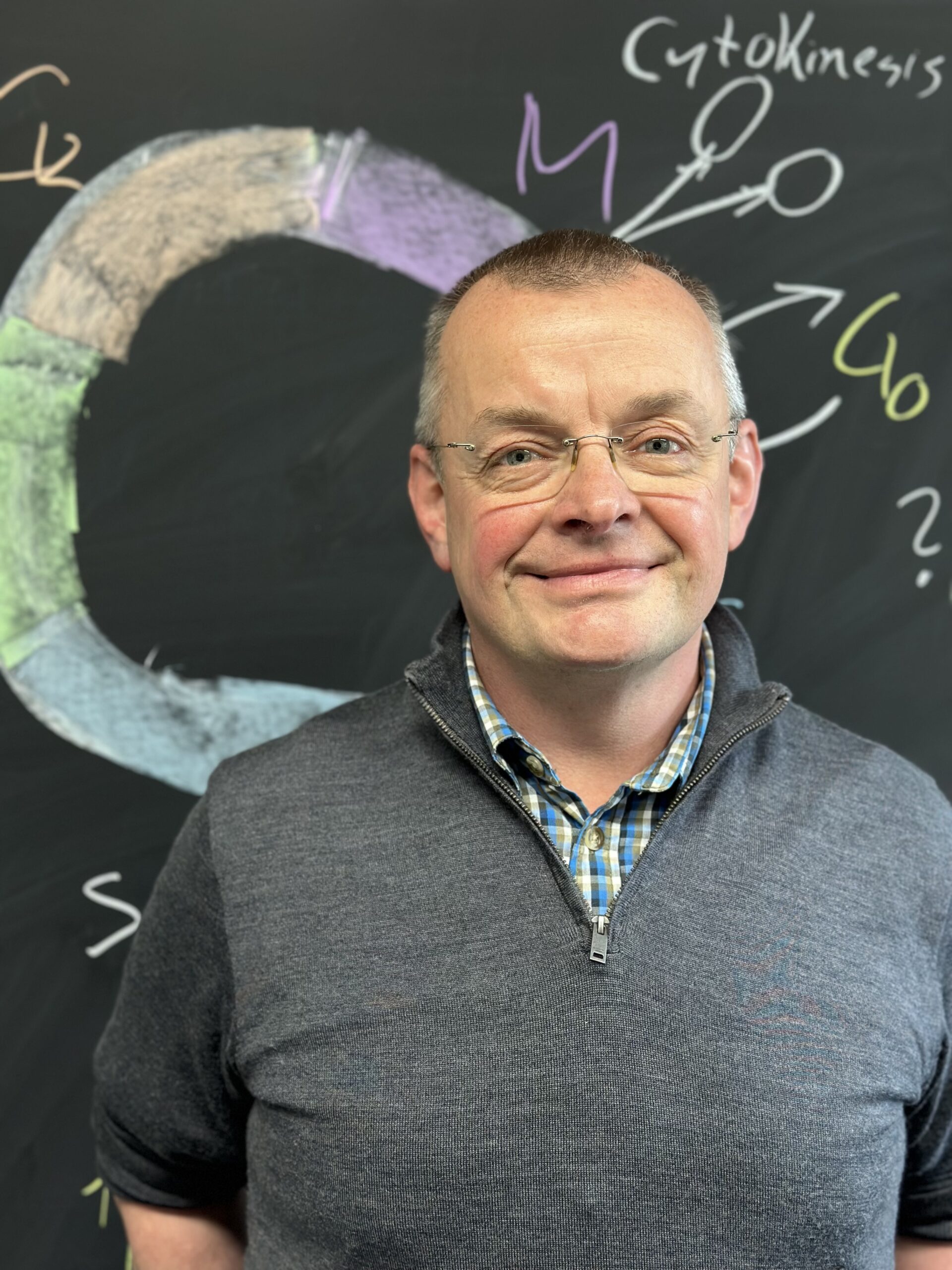Charles Pence

Humanities and Social Science Advisory Board
Associate Investigator
Assistant Professor Charles Pence is an expert in the history and philosophy of biology and Director of the Centre de philosophie des sciences et sociétés at Université catholique de Louvain. He has expertise in problems related to chance and stochastic processes in evolution.
He has produced highly acclaimed books on the rise of quantitative methods in evolutionary theory. As Director of the Ethics Institute at Louisiana State University, he gained experience in exploring the wider social, societal and political relevance of teaching and researching evolutionary topics. He is a co-editor of the journal Philosophy, Theory, and Practice in Biology. He has an interest in computing and computer models, and the digital humanities.
Andrea Loettgers

Humanities and Social Science Advisory Board
Associate Investigator
Andrea Loettgers is a senior researcher in the ERC project Possible Life-The Philosophical Significance of Extending Biology at the University in Vienna. She holds a habilitation in philosophy of science from the University of Bern and a PhD in physics from the University of Göttingen.
From 2001 to 2011 she has been a Postdoc at the California Institute of Technology. At Caltech she held joint appointments in the humanities and the biology department to conduct and philosophical analyse laboratory observations in synthetic biology. During this time, she had been awarded with a grant from the Swiss National Science Foundation and the Alfred Sloan Foundation. From 2005-2006 she had been appointed as the Hixon-Riggs Visiting Professor for Science, Technology and Social Studies at Harvey Mudd College. After returning to Switzerland Loettgers has been awarded by an additional grant from the Swiss National Science Foundation for a project on synthetic biology at the University of Geneva. From 2016 to 2018 she was appointed as Bernoulli Fellow at the Center of Space and Habitability.
In her research Loettgers investigates modeling practices in physics and biology based on laboratory observations. A special interest concerns the development of organizational principles in biology and their transfer in-between biology and physics. She has published in: British Journal for the Philosophy of Science, Philosophy of Science, European Journal for Philosophy of Science, Studies in History and Philosophy of Science, Studies in History and Philosophy of Biological and Biomedical Sciences, and The Monist.
Tarja Knuuttila
Humanities and Social Science Advisory Board
Associate Investigator
Professor Tarja Knuuttila’s research concerns the epistemology of scientific modelling, the relation of scientific models to the real world, and the connection between simplicity and generality of models, with varied fields of application including ecology, economics, and engineering.
She has developed a particular interest in the relevance of mathematical in complex scenarios, including biology, but also the economy. She is the principal investigator of the Possible Life project of the European Research Council, which studies the philosophy of hypothetical types of biochemistry including synthetic biology and astrobiology. In 2021 she was elected to the Academia Europaea.
Thomas Douglas

Humanities and Social Science Advisory Board
Associate Investigator
Tom Douglas is Professor of Applied Philosophy and Director of Research at Oxford Uehiro Centre for Practical Ethics, University of Oxford.
He is a Senior Research Fellow at Jesus College, Editor of the Journal of Practical Ethics, and Principal Investigator on the project ‘Protecting Minds: The Right to Mental Integrity and the Ethics of Arational Influence’, funded by a Consolidator Award from the European Research Council.
Prof Douglas is trained in both medicine and philosophy, and has a longstanding interest in ethical questions related to biological and biomedical research. He has written about ethical, philosophical, and social science questions related to science, health and health policy. Prof Douglas is an acknowledged leader in this highly applied, multifaceted and multidisciplinary field of philosophy.
Michael Stumpf

Humanities and Social Science Advisory Board
Chief Investigator
Professor Michael Stumpf is a well-known physicist and applied mathematician. He is an internationally recognised leader in theoretical and systems biology, with expertise across mathematical, statistical, and biological research.
Professor Stumpf’s research focuses on developing mathematical and computational models to understand complex biological systems, with a particular emphasis on the immune system and infectious diseases. He has also worked on a range of other interdisciplinary topics, such as network science, statistical physics, and computational neuroscience.
Professor Stumpf has published over 100 research papers in peer-reviewed journals and has been awarded several prestigious honours for his work, including the Philip Leverhulme Prize in 2007 and the Royal Society Wolfson Research Merit Award in 2012. He is also a Fellow of the Royal Society of Biology and a Fellow of the Institute of Physics.


